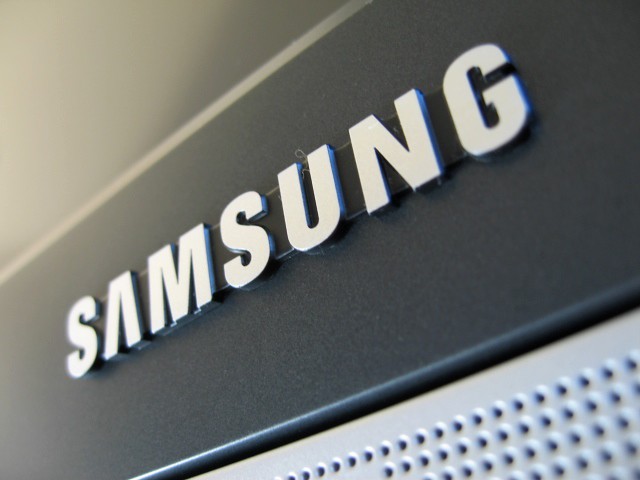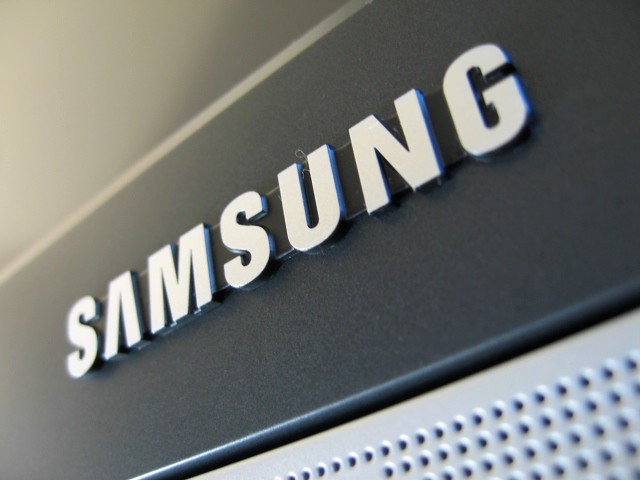
Samuel M. Livingston
The family of Lee Kun-hee, the former head of Samsung has revealed how it plans to pay tax on inherited property six months after his death. The businessman's heirs will pay more than 12 trillion won ($10.8 billion) in tax to the state over five years in six payments, the first of which will be made as early as this month, Reuters reported, citing a statement from the South Korean company.
In addition to paying the tax, the family has pledged to donate 23,000 pieces from Lee Kun-hee's collection to museums. It is worth $1.76 billion and includes works by Picasso, Monet, Dali and Chagall. The family has also planned direct donations to build an infectious diseases hospital and help children with cancer and rare diseases.
The amount of tax the family will have to pay is one of the largest in the world and three to four times the total amount of inheritance taxes the South Korean government received last year, Bloomberg points out, citing a Samsung statement.
South Korea's inheritance tax is one of the highest in the world, with a 50% rate if the value of inherited assets exceeds 3 billion won ($2.7 million). Another 20 percent is added if heirs are given a stake in the company's largest shareholder, Bloomberg noted.
Former Samsung chief executive Lee Kun-hee was South Korea's richest businessman. He died on October 25, 2020. Forbes estimated his fortune at the time of his death at $20 billion,
Lee Kun-hee's inheritance tax is being closely watched as it could lead to a decline in the businessman's family's stake in Samsung if it has to sell shares, Reuters noted. The agency wrote on 20 April that the heirs want to avoid this and are thinking of taking personal loans secured by shares in affiliated companies to pay part of the tax.
source: reuters.com
In addition to paying the tax, the family has pledged to donate 23,000 pieces from Lee Kun-hee's collection to museums. It is worth $1.76 billion and includes works by Picasso, Monet, Dali and Chagall. The family has also planned direct donations to build an infectious diseases hospital and help children with cancer and rare diseases.
The amount of tax the family will have to pay is one of the largest in the world and three to four times the total amount of inheritance taxes the South Korean government received last year, Bloomberg points out, citing a Samsung statement.
South Korea's inheritance tax is one of the highest in the world, with a 50% rate if the value of inherited assets exceeds 3 billion won ($2.7 million). Another 20 percent is added if heirs are given a stake in the company's largest shareholder, Bloomberg noted.
Former Samsung chief executive Lee Kun-hee was South Korea's richest businessman. He died on October 25, 2020. Forbes estimated his fortune at the time of his death at $20 billion,
Lee Kun-hee's inheritance tax is being closely watched as it could lead to a decline in the businessman's family's stake in Samsung if it has to sell shares, Reuters noted. The agency wrote on 20 April that the heirs want to avoid this and are thinking of taking personal loans secured by shares in affiliated companies to pay part of the tax.
source: reuters.com


















